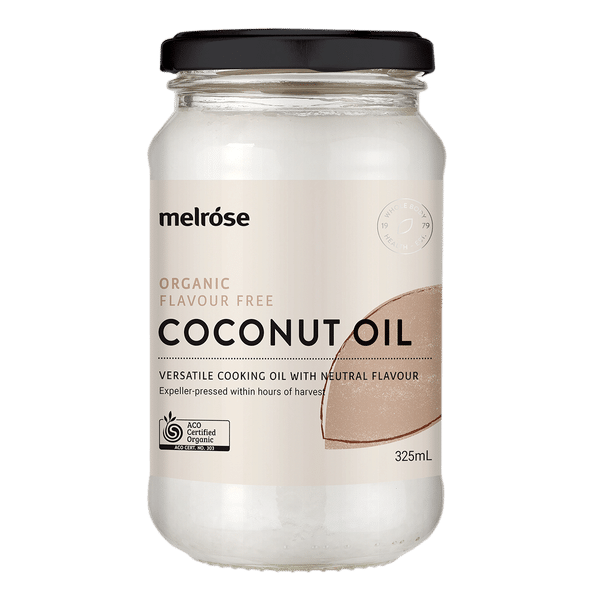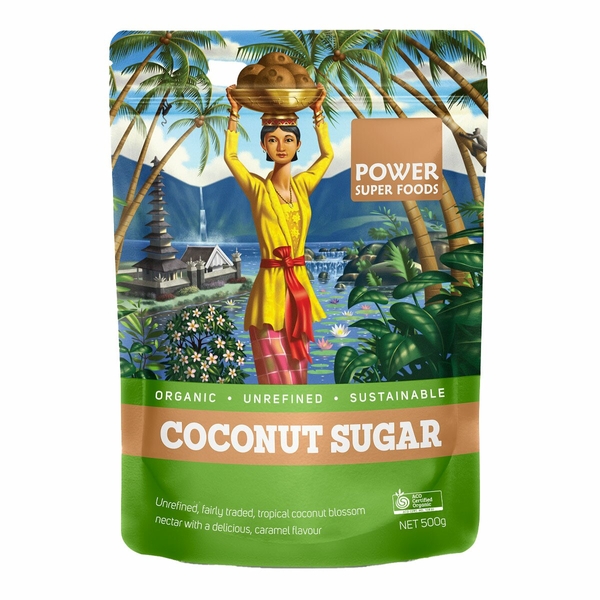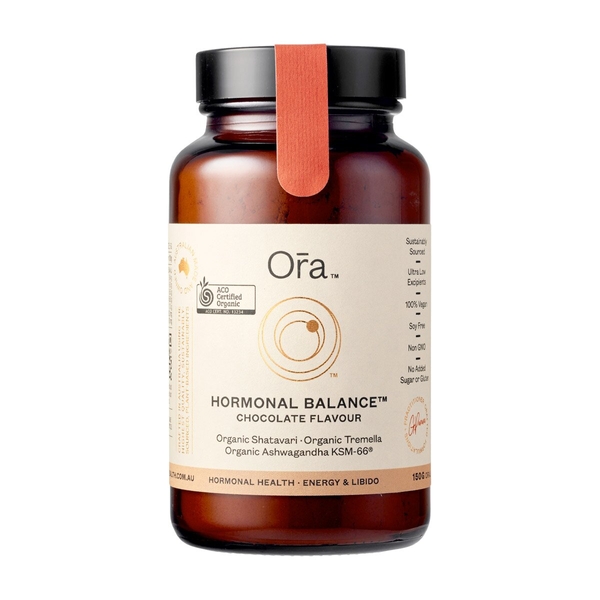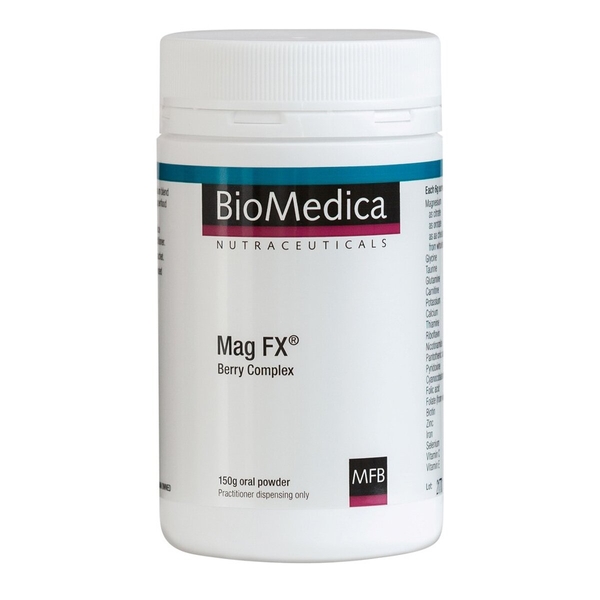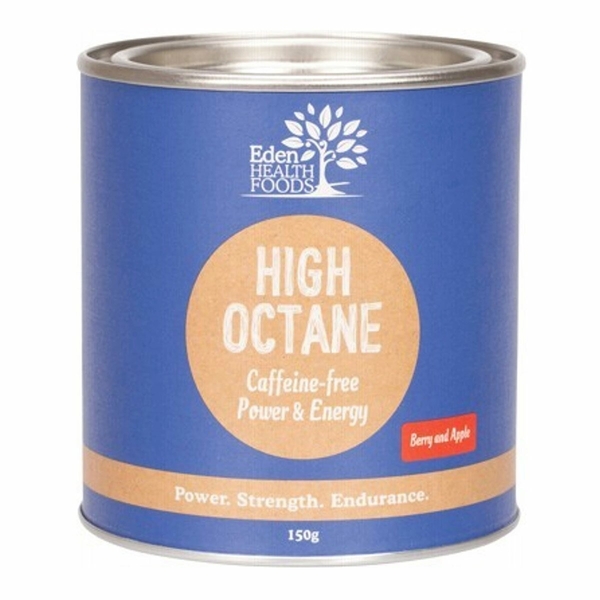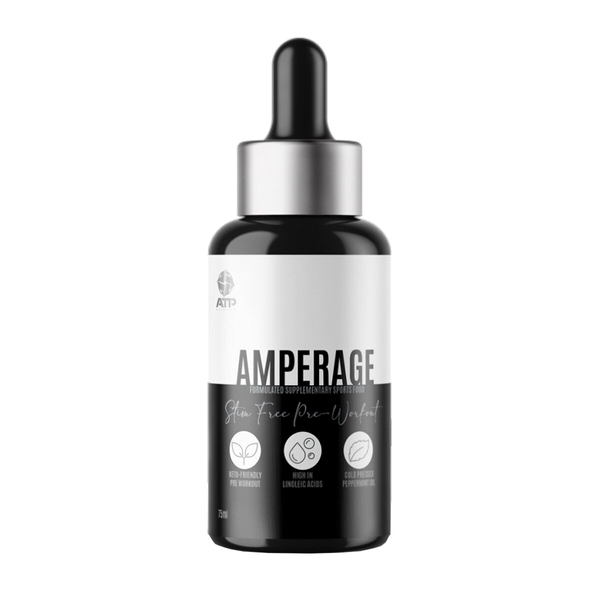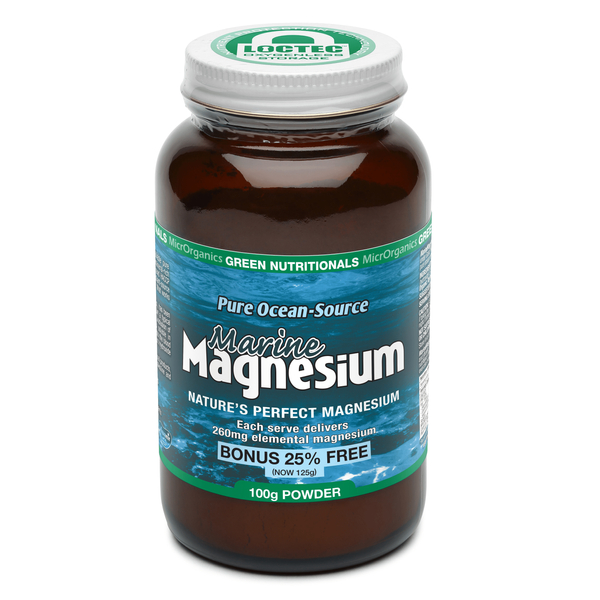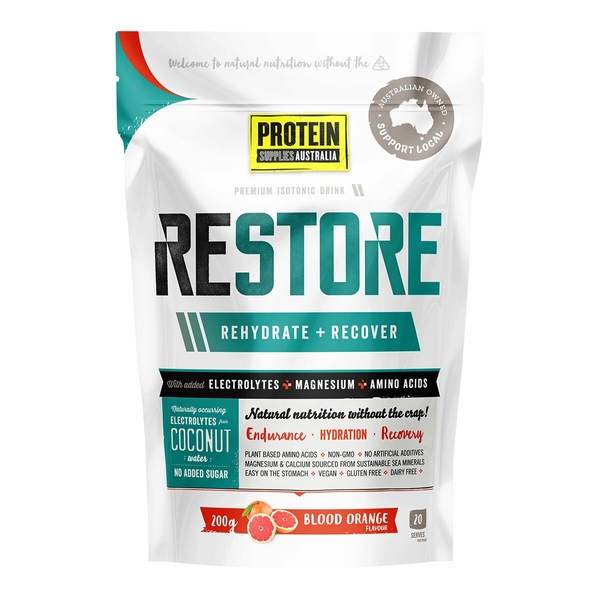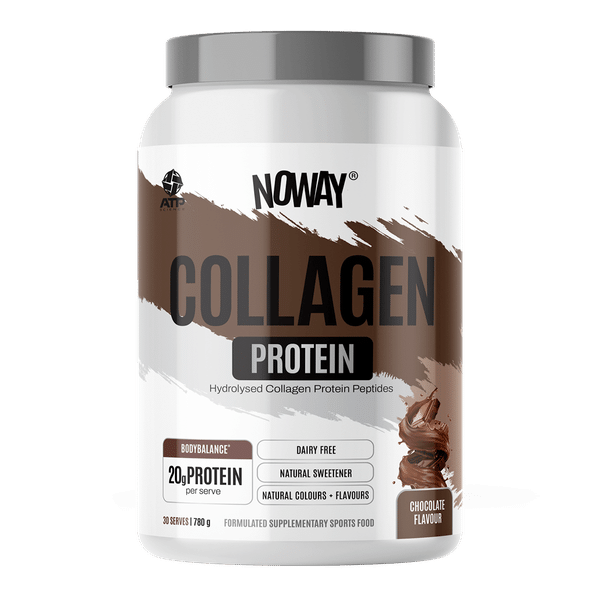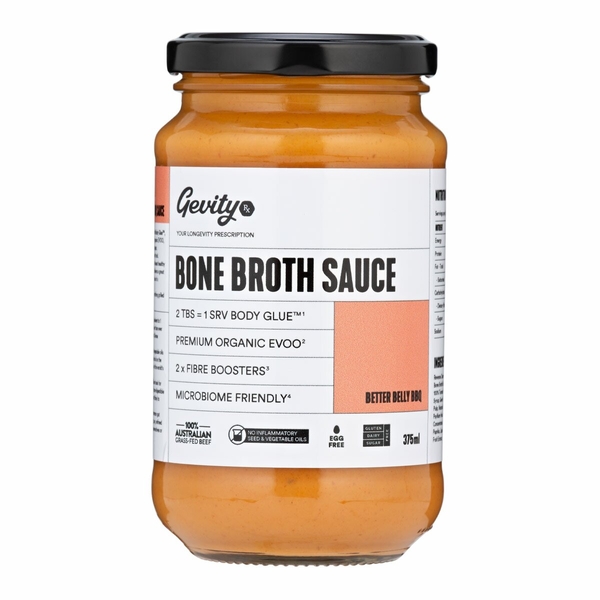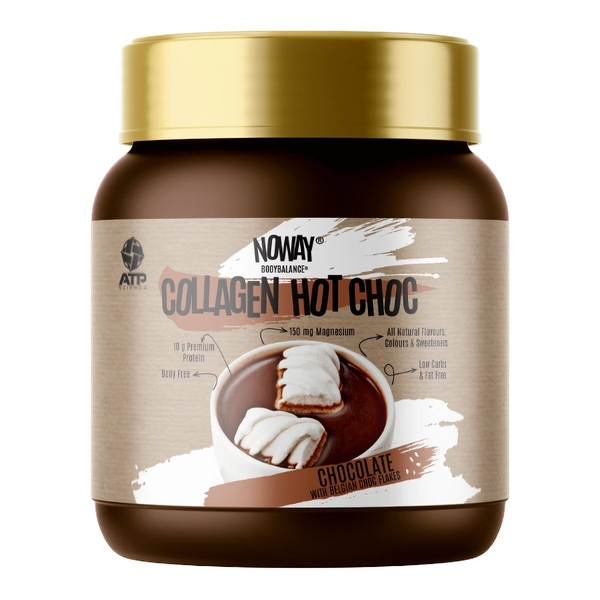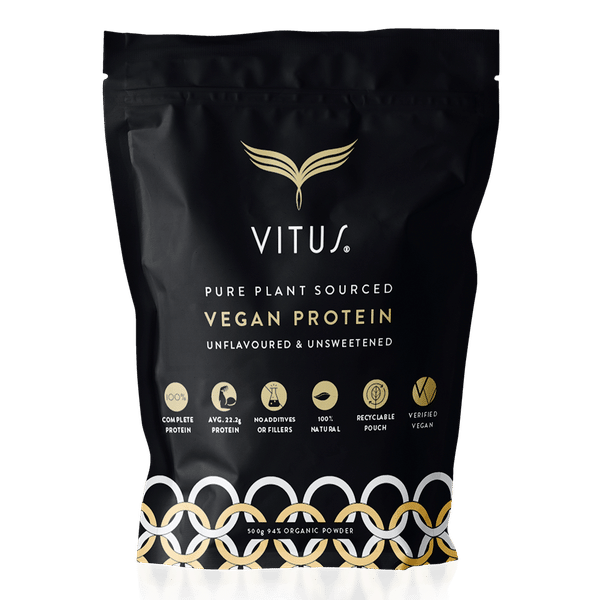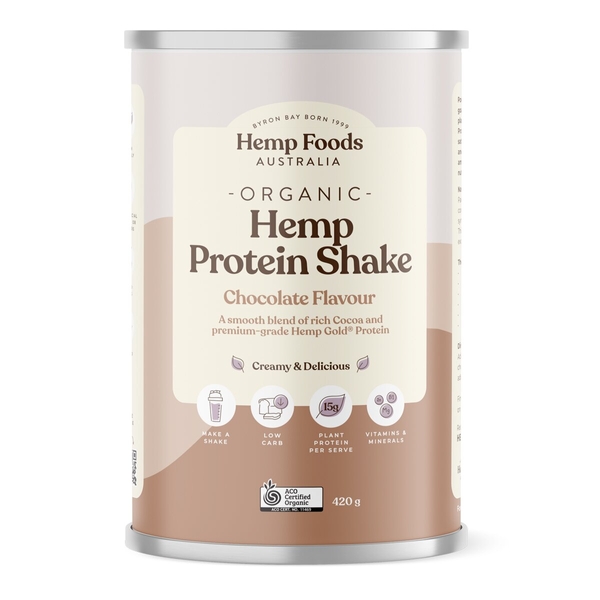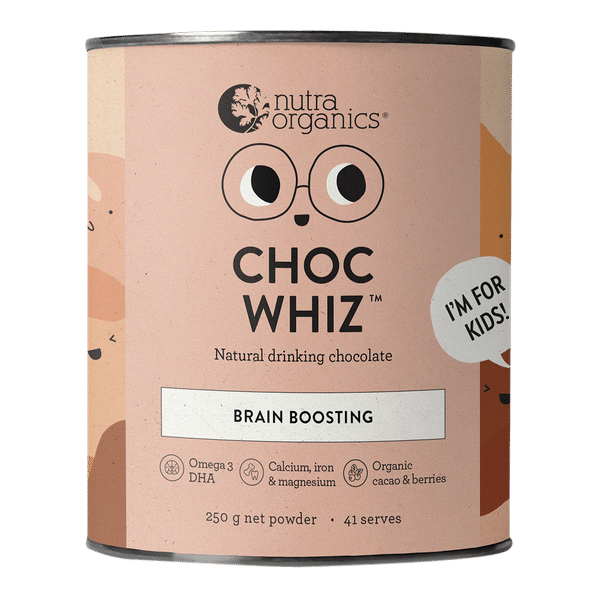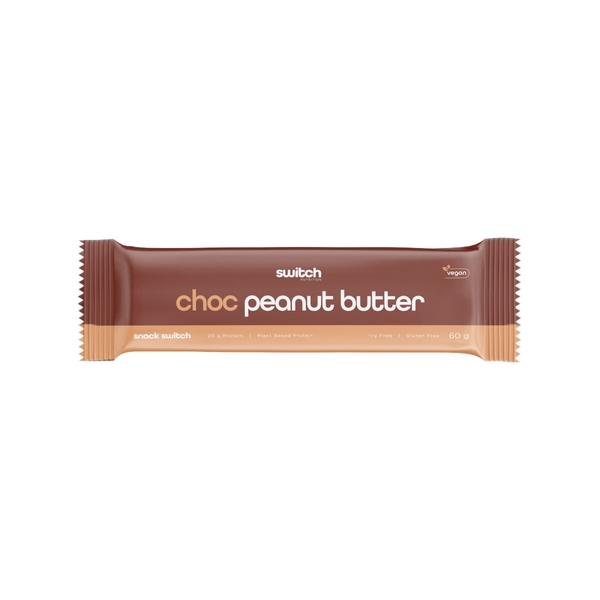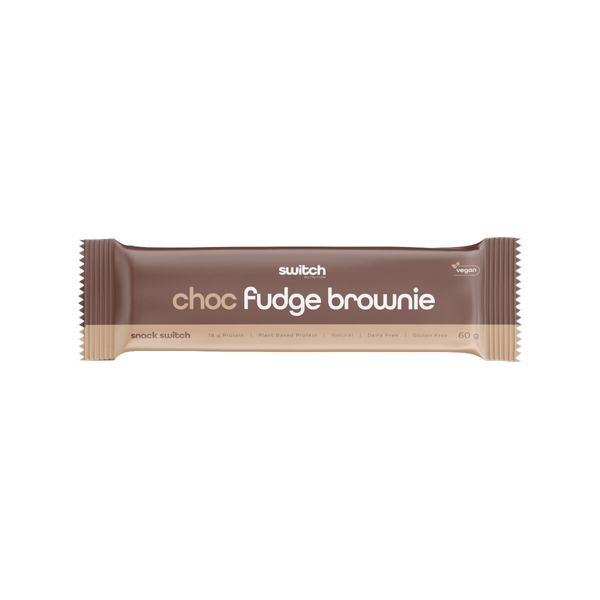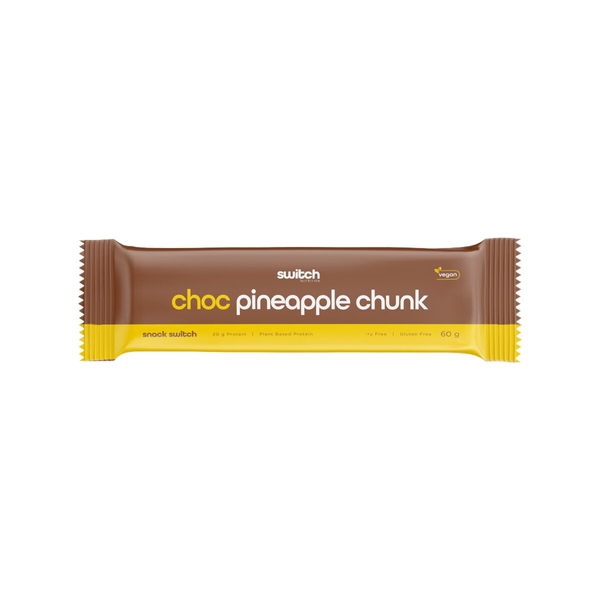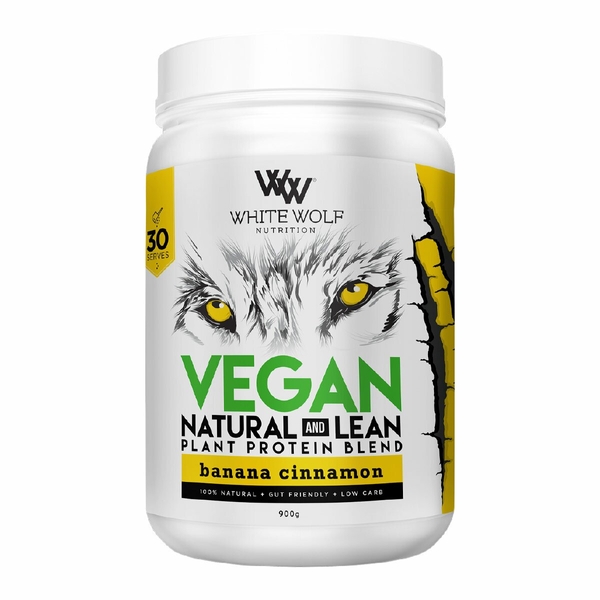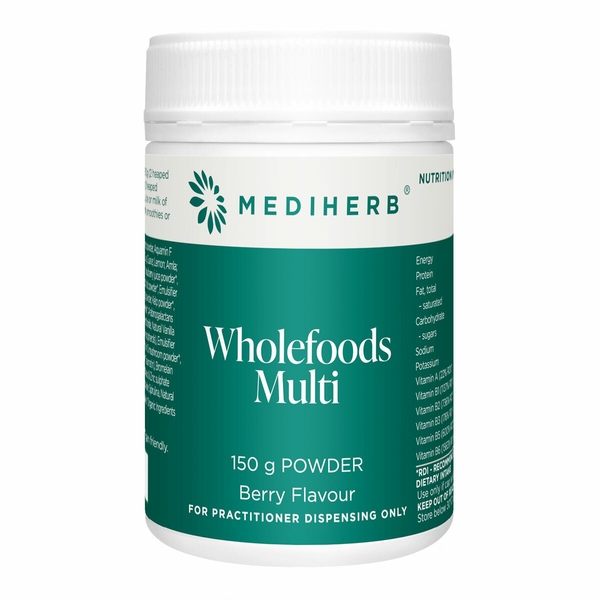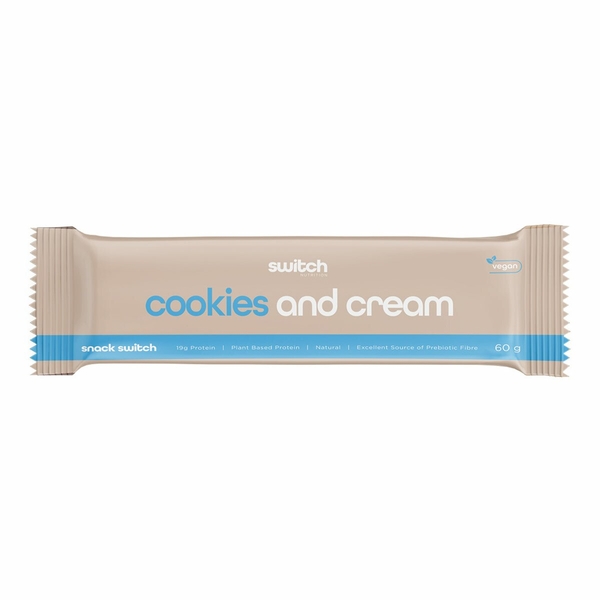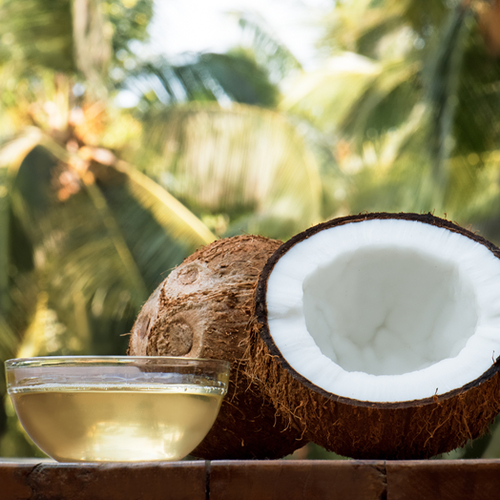
Coconut oil
Scientific names: Cocos nucifera
Family: Arecaceae/Palmae
Alternate names: Aceite de Coco, Acide Gras de Noix de Coco, Coco Palm, Coconut Fat, Coconut Fatty Acid, Coconut Palm, Cocotier, Cold Pressed Coconut Oil, Fermented Coconut Oil, Huile de Coco, Huile de Noix de Coco, Huile de Noix de Coco PressÃée à Froid, Huile Vierge de Noix de Coco, Narikela, Noix de Coco, Palmier, Virgin Coconut Oil
Actions: Cardiovascular, Hepatoprotective, Weight loss
Background
Coconut oil comes from the nut (fruit) of the coconut palm. It contains medium-chain fatty acids, including capric acid, caprylic acid, and lauric acid.
About 52% to 85% of coconut oil is made up of specific saturated fats, called medium-chain fatty acids. It has a moisturizing effect when applied to the skin.
People commonly use coconut oil for eczema and growth in premature infants. It's also used for psoriasis, obesity, breast cancer, heart disease, MS, and many other conditions, but there is no good scientific evidence to support these uses.
About 52% to 85% of coconut oil is made up of specific saturated fats, called medium-chain fatty acids. It has a moisturizing effect when applied to the skin.
People commonly use coconut oil for eczema and growth in premature infants. It's also used for psoriasis, obesity, breast cancer, heart disease, MS, and many other conditions, but there is no good scientific evidence to support these uses.
Safety Safety definitions
When taken by mouth: Coconut oil is commonly consumed in foods. But coconut oil contains a type of fat (saturated fat) that can increase cholesterol levels. Like all saturated fats, it should be consumed in moderation. Coconut oil is possibly safe when used as a medicine short-term. Taking coconut oil in doses of 10 mL two or three times daily for up to 12 weeks seems to be safe.
When applied to the skin: Coconut oil is likely safe when applied to the skin.
Children: Coconut oil is possibly safe when applied to the skin for about one month. There isn't enough reliable information to know if coconut oil is safe for children when taken by mouth as a medicine.
High cholesterol: Coconut oil contains a type of fat that can increase cholesterol levels. Regularly eating meals containing coconut oil can increase levels of low-density lipoprotein (LDL or "bad") cholesterol. This might be a problem for people who already have high cholesterol.
When applied to the skin: Coconut oil is likely safe when applied to the skin.
Special Precautions & Warnings:
Pregnancy and breast-feeding: Coconut oil is commonly consumed in foods. There isn't enough reliable information to know if coconut oil is safe to use as medicine when pregnant or breast-feeding. Stay on the safe side and stick to food amounts.Children: Coconut oil is possibly safe when applied to the skin for about one month. There isn't enough reliable information to know if coconut oil is safe for children when taken by mouth as a medicine.
High cholesterol: Coconut oil contains a type of fat that can increase cholesterol levels. Regularly eating meals containing coconut oil can increase levels of low-density lipoprotein (LDL or "bad") cholesterol. This might be a problem for people who already have high cholesterol.
Effectiveness
NatMed Pro rates effectiveness based on scientific evidence according to the following scale: Effective, Likely Effective, Possibly Effective, Possibly Ineffective, Likely Ineffective, Ineffective, and Insufficient Evidence to Rate.
Possibly effective Effectiveness definitions
- Eczema (atopic dermatitis). Applying coconut oil to the skin can reduce eczema symptoms in children more than applying mineral oil.
- Growth and development in premature infants. Applying coconut oil to the skin of premature infants might improve body temperature, breathing, skin health, and overall growth.
Dosing & administration
Coconut oil has most often been used by adults in doses of 20-60 mL by mouth daily for up to 4 months. Coconut oil is also used as a topical oil or moisturizer and is found in some cosmetics. Speak with a healthcare provider to find out what type of product and dose might be best for a specific condition.
Some coconut oil products are referred to as "virgin" coconut oil, which usually means they haven't been bleached, deodorized, or refined. But there aren't any specific industry standards. "Cold pressed" coconut oil means that it's been pressed without a heat source.
Some coconut oil products are referred to as "virgin" coconut oil, which usually means they haven't been bleached, deodorized, or refined. But there aren't any specific industry standards. "Cold pressed" coconut oil means that it's been pressed without a heat source.
Interactions with pharmaceuticals
It is not known if Coconut Oil interacts with any medicines. Before taking Coconut Oil, talk with your healthcare professional if you take any medications.
Interactions with herbs & supplements
Blond psyllium: Psyllium might reduce the amount of fat that the body absorbs from coconut oil.
Chlorogenic acid: Coconut oil might increase the amount of chlorogenic acid that the body absorbs from supplements.
Chlorogenic acid: Coconut oil might increase the amount of chlorogenic acid that the body absorbs from supplements.
Interactions with foods
There are no known interactions with foods.
Products
View all productsPer 5 g (Chocolate):
- Coconut milk powder 0.5 g
- Lepidium meyenii powder 1 g
- Theobroma cacao powder 1.7 g
- Asparagus racemosus ext. 200 mg
- Withania somnifera ext. 200 mg
- Asphaltum punjabinum (Shilajit) 200 mg
- Green banana 0.5 g
- Tremella fuciformis powder 160 mg
- Lactobacillus acidophilus 3 billion CFU
- Natural chocolate flavour
- Theobroma cacao (Cocoa powder) 0.5 g
- Stevia rebaubiana
- Pyridoxine hydrochloride (Vitamin B6)
- Cyamopsis tetragonoloba (Guar gum) 100 mg
- Pink Himalayan crystal salt
RRP: $56.95$51.25Save: 10%
Create account
Per 6 g:
- Coconut water powder
- Magnesium citrate
- Magnesium glycinate
- Fragaria ananassa (juice) powder (Strawberry)
- Euterpe oleracea (berry) ext. (Acai)
- Aristotelia chilensis (Maqui berry)
- Garcinia mangostana (fruit) powder
- Lycium barbarum (fruit)
- Glycine
- Magnesium orotate
- Potassium citrate
- Taurine
- L-glutamine
- Beta vulgaris (root) powder (Beetroot)
- Calcium citrate
- Natural strawberry flavour
- Levocarnitine tartrate (L-carnitine)
- Curry leaf extract
- Psidium guajava (Guava)
- Citrus limon (Lemon)
- Phyllanthus emblica
- Ocimum tenuiflorum
- Bixa orellana
- Malic acid
- Silica - colloidal anhydrous
- Pyridoxine hydrochloride (Vitamin B6)
- Calcium pantothenate (Vitamin B5)
- Zinc citrate dihydrate
- Riboflavin (Vitamin B2)
- Nicotinamide (Vitamin B3)
- Thiamine hydrochloride (Vitamin B1)
- Cyanocobalamin (Vitamin B12)
- Folic acid
- Thaumatin
- Punica granatum
- Rubus idaeus (fruit) powder
Practitioner product
Per 5 g:
- Coconut water powder
- Turnera diffusa (leaf)
- Panax ginseng
- Eleutherococcus senticosus
- Glycyrrhiza glabra (root)
- Beta vulgaris (root) powder (Beetroot)
- Mucuna pruriens
- Lycium barbarum (fruit)
- Tribulus terrestris
- Smilax officinalis
- Hebanthe eriantha
- Panax notoginseng
- Stevia rebaubiana
- Natural apple flavour
- Myrica rubra (berry) powder (Yumberry)
RRP: $44.95$42.70Save: 5%
Create account
RRP: $59.95$53.96Save: 10%
Create account
Per 3 g:
- Coconut water powder
- Magnesium hydroxide
- Tapioca
- Calcified lithothamnion (Red algae)
RRP: $27.20$23.12Save: 15%
Create account
Per 10 g (Blood Orange):
200 g Blood Orange
RRP: $44.95$37.30Save: 17%
Create account
Per serve (Chocolate):
- Hydrolysed bovine collagen
- Natural chocolate flavour
- Theobroma cacao (Cocoa powder)
- Xanthan gum
- Coconut medium-chain triglyceride (Coconut MCT)
- Stevia rebaubiana
- Sea salt
780 g Chocolate
RRP: $74.95$67.46Save: 10%
Create account
Per 20 mL (Better Belly BBQ):
- Extra virgin olive oil (EVOO)
- Beef bones
- Paprika
- Carya juice
- Water
- Sea salt
- Apple cider vinegar
- Cichorium intybus (fibre)
- Plantago ovata (husk) (Psyllium)
- Brassica juncea (seed) powder
- Lycopersicon esculentum (Tomato)
- Natural pomegranate flavour
- Allium cepa
- Allium sativum powder
- Citrus limon (juice) (Lemon)
- Cyamopsis tetragonoloba (Guar gum)
- Luo Han Guo (fruit) ext. (Monk fruit)
- Tamarindus indica
375 mL Better Belly BBQ
RRP: $19.09$16.23Save: 15%
Create account
Per 17 g:
RRP: $59.95$53.96Save: 10%
Create account
Per 30 g:
RRP: $54.95$46.71Save: 15%
Create account
Per 35 g (Chocolate):
- Coconut milk powder
- Cannabis sativa powder 20.65 g
- Vanilla planifolia (Vanilla bean extract)
- Sunflower lecithin
- Silica - colloidal anhydrous
- Thaumatin
- Theobroma cacao powder 9.8 g
- Natural chocolate flavour
- Natural flavours
- Tapioca maltodextrin
- Acacia sp.
420 g Chocolate
RRP: $49.95$42.46Save: 15%
Create account
Per 6 g:
- Coconut sugar
- Theobroma cacao powder 1.92 g
- Pouteria lucuma (fruit) powder
- Euterpe oleracea (berry) ext. (Acai)
- Mango (fruit)
- Beta vulgaris (root) powder (Beetroot)
- Natural chocolate flavour
- Theobroma cacao (Cocoa mass)
- Sugar
- Natural vanilla flavour
- Arctic sea algae
- Sea salt
- Green banana
- Docosahexaenoic acid (DHA)
- Vaccinium corymbosum (fruit) powder
- Vaccinium macrocarpon
- Rubus idaeus
RRP: $44.95$38.21Save: 15%
Create account
Per bar:
- Coconut sugar
- Coconut oil
- Arachis hypogaea (Peanut protein isolate) 10.2 g
- Arachis hypogaea (Peanuts) 15 g
- Pea protein concentrate
- L-glutamine
- Prebiotic fibre
- Phoenix dactylifera (Date)
- Theobroma cacao (Cocoa mass)
- Theobroma cacao (Cocoa solids)
- Natural vanilla flavour
- Oryza sativa (Brown rice malt syrup)
- Grape (dried) (Sultana)
- Natural peanut flavour
- Stevia rebaubiana
- Pink Himalayan crystal salt
RRP: $66.00$59.40Save: 10%
Create account
Per bar:
- Coconut sugar
- Coconut flesh (dried)
- Coconut oil
- Pea protein concentrate
- L-glutamine
- Prebiotic fibre
- Prunus dulcis (Almond)
- Theobroma cacao (Cocoa mass)
- Theobroma cacao (Cocoa solids)
- Natural vanilla flavour
- Phoenix dactylifera (Date)
- Theobroma cacao (Cocoa powder) 5.4 g
- Oryza sativa (Brown rice malt syrup)
- Grape (dried) (Sultana)
- Pink Himalayan crystal salt
- Stevia rebaubiana
RRP: $66.00$59.40Save: 10%
Create account
Per bar:
- Coconut sugar
- Coconut flesh (dried)
- Vicia faba (Fava bean protein)
- Prebiotic fibre
- Vitis vinifera juice
- Theobroma cacao powder
- Anacardium occidentale (Cashew nut)
- L-glutamine
- Theobroma cacao (Cocoa mass)
- Theobroma cacao (Cocoa solids)
- Natural vanilla flavour
- Ananas comosus (Pineapple)
- Ananas comosus (Pineapple oil)
- Oryza sativa (Rice juice concentrate)
RRP: $66.00$59.40Save: 10%
Create account
Per 30 g (Banana Cinnamon):
- Pea protein isolate
- Pumpkin seed protein
- Citrullus lanatus (Watermelon)
- Bacillus coagulans 50 mg
- Natural flavours
- Cinnamomum spp. powder
- Stevia rebaubiana
- Amylase enzyme
- Cellulase
- Lipase
- Lactase
- Protease
900 g Banana Cinnamon
RRP: $79.99$70.39Save: 12%
Create account
Per 10 g (Berry):
- Coconut water powder
- Beta vulgaris powder
- Lithothamnion tophiforme (Red algae)
- Phyllanthus emblica
- Glycine
- Curry leaf extract
- Psidium guajava (Guava)
- Citrus limon (Lemon)
- Ocimum tenuiflorum
- Bixa orellana
- Soy lecithin
- Aristotelia chilensis (Maqui berry)
- Adansonia digitata (Baobab)
- Choline bitartrate
- Rosa canina powder
- Laminaria digitara (Kelp)
- Amaranth powder
- Millet (sprout)
- Quinoa powder
- Larix spp.
- Cysteine hydrochloride
- Natural vanilla flavour
- Citrus bioflavonoids extract
- Tocopherols concentrate - mixed (Vitamin E)
- Inositol
- Natural blackcurrant flavour
- Mushroom powder
- Ascorbic acid (Vitamin C)
- Thaumatin
- Ananas comosus (Bromelain)
- Magnesium phosphate tribasic
- Zinc sulphate monohydrate
- Arthrospira platensis (Spirulina)
- Sodium molybdate
- Citric acid anhydrous
- Natural raspberry flavour
- Natural cranberry flavour
- Chlorella vulgaris powder
- Stevia rebaubiana
- Fagopyrum esculentum powder
- Salvia hispanica (seed) powder
Practitioner product
Per bar:
- Coconut flesh (dried)
- Coconut sugar
- Prebiotic fibre
- Oryza sativa (Rice bran)
- Vicia faba (Fava bean protein)
- Oryza sativa (Brown rice malt syrup)
- Theobroma cacao (Cocoa powder)
- Sodium bicarbonate
- Theobroma cacao (Cocoa mass)
- Theobroma cacao (Cacao butter)
- Natural vanilla flavour
- L-glutamine
- Pea protein concentrate
- Prunus dulcis (Almond)
- Oryza sativa (Rice)
- Sugar
- Natural flavours
- Grape juice
- Vanilla planifolia (Vanilla bean extract)
- Pink Himalayan crystal salt
- Gluten free flour
- Almond butter
- Oryza sativa (Rice juice concentrate)
- Natural cookies and cream flavour
RRP: $66.00$59.40Save: 10%
Create account
vital.ly has licensed monographs from TRC Healthcare.
This monograph was last reviewed on 14/02/2025 11:00:00 and last updated on 16/07/2022 06:44:39. Monographs are reviewed and/or updated multiple times per month and at least once per year.
Natural Medicines disclaims any responsibility related to medical consequences of using any medical product. Effort is made to ensure that the information contained in this monograph is accurate at the time it was published. Consumers and medical professionals who consult this monograph are cautioned that any medical or product related decision is the sole responsibility of the consumer and/or the health care professional. A legal License Agreement sets limitations on downloading, storing, or printing content from this Database. No reproduction of this monograph or any content from this Database is permitted without written permission from the publisher. It is unlawful to download, store, or distribute content from this site.

